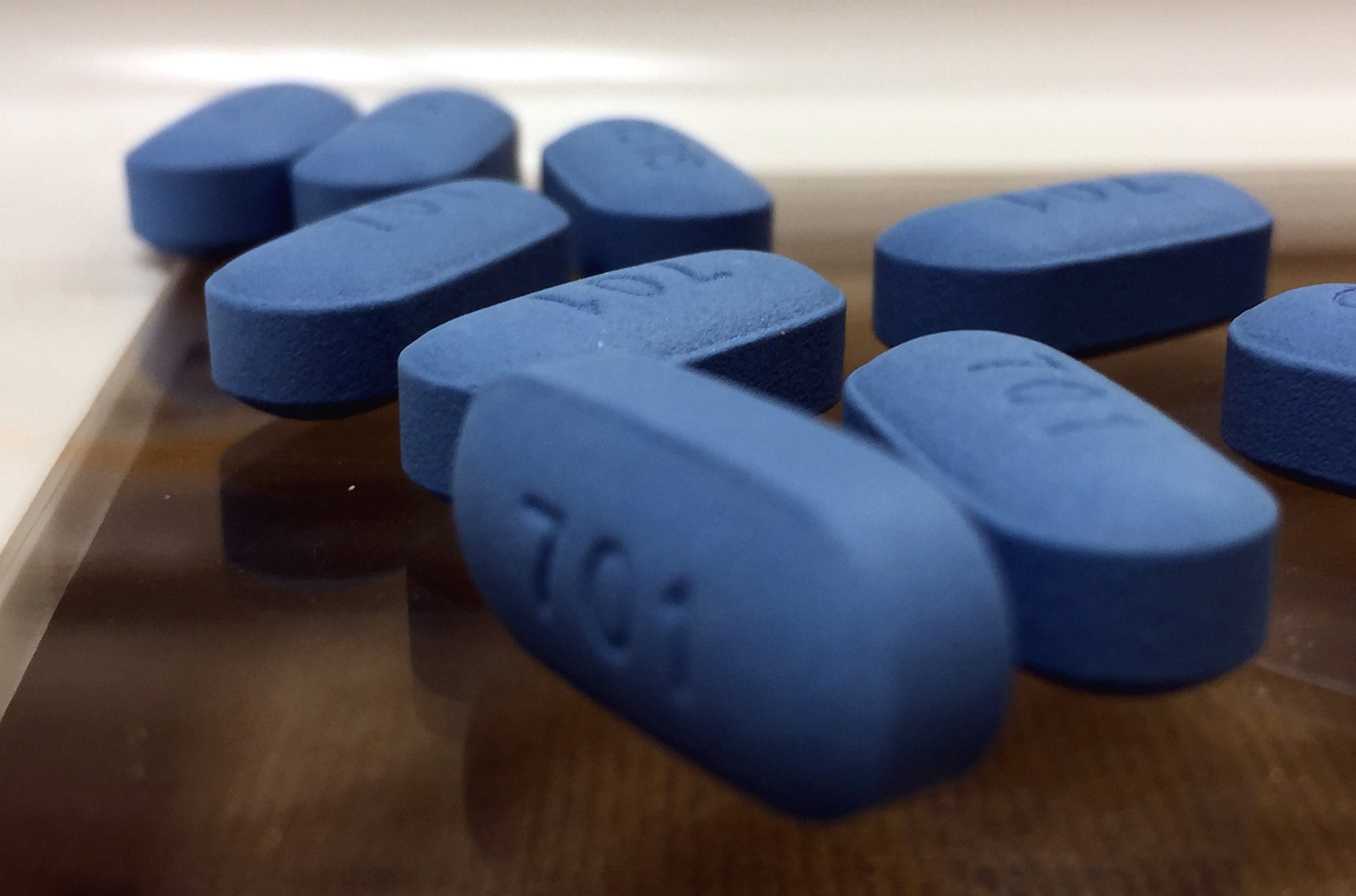KUALA LUMPUR, Nov 28 – The rate of new HIV infections in Malaysia slowed in the past decade compared to the previous decade, said Health Minister Dr Zaliha Mustafa.
New HIV cases dropped by 50 per cent between 2000 and 2009, but declined slower in the subsequent decade to 24 per cent between 2010 and 2022.
“An average of 3,000 new HIV cases are reported annually, threatening Malaysia’s ability to achieve its commitment to end AIDS by 2030,” Dr Zaliha said in a written parliamentary reply to Parit MP Muhammad Ismi Mat Taib last Thursday.
The main risk factor for HIV transmission changed from needle sharing at the early stages of the HIV epidemic in Malaysia to sexual transmission from 2011.
Last year, 60 per cent of new HIV infections were transmitted from homosexual or bisexual relations, while 36 per cent were from heterosexual transmission.
Young adults aged 20 to 39 years comprised 77 per cent of HIV cases in Malaysia, in which more than 90 per cent were men. Nearly all, or 97 per cent, were infected via sexual transmission.
According to the MOH’s “2022 Global AIDS Monitoring: Country Progress Report”, Malaysia’s progress on the 95-95-95 target reached 83-66-82 in 2021, where 83 per cent of people living with HIV know their status, 66 per cent of people who know they’re living with HIV are receiving ART, and 82 per cent of people on the treatment are virally suppressed.
95-95-95 is a global target to end the AIDS epidemic by 2030.
“Measures to control HIV transmission are focused on raising awareness among young people, such as risky behaviours that should be avoided, the importance of periodic testing for at-risk people, and the importance of getting antiretroviral therapy (ART) early for those infected,” said Dr Zaliha.
She added that the Ministry of Health (MOH) began a pilot programme to provide pre-exposure prophylaxis (PrEP), a HIV prevention pill, at 18 public health clinics since January this year.
“This PrEP medication is a method of prevention that is effective and proven scientifically to prevent up to 99 per cent of HIV infections through sexual transmission,” Dr Zaliha said.
“The MOH also works closely with non-governmental organisations, where community health workers under the NGOs conduct plenty of health education activities, screenings, referrals to health care facilities, counselling, and support for at-risk groups.”








